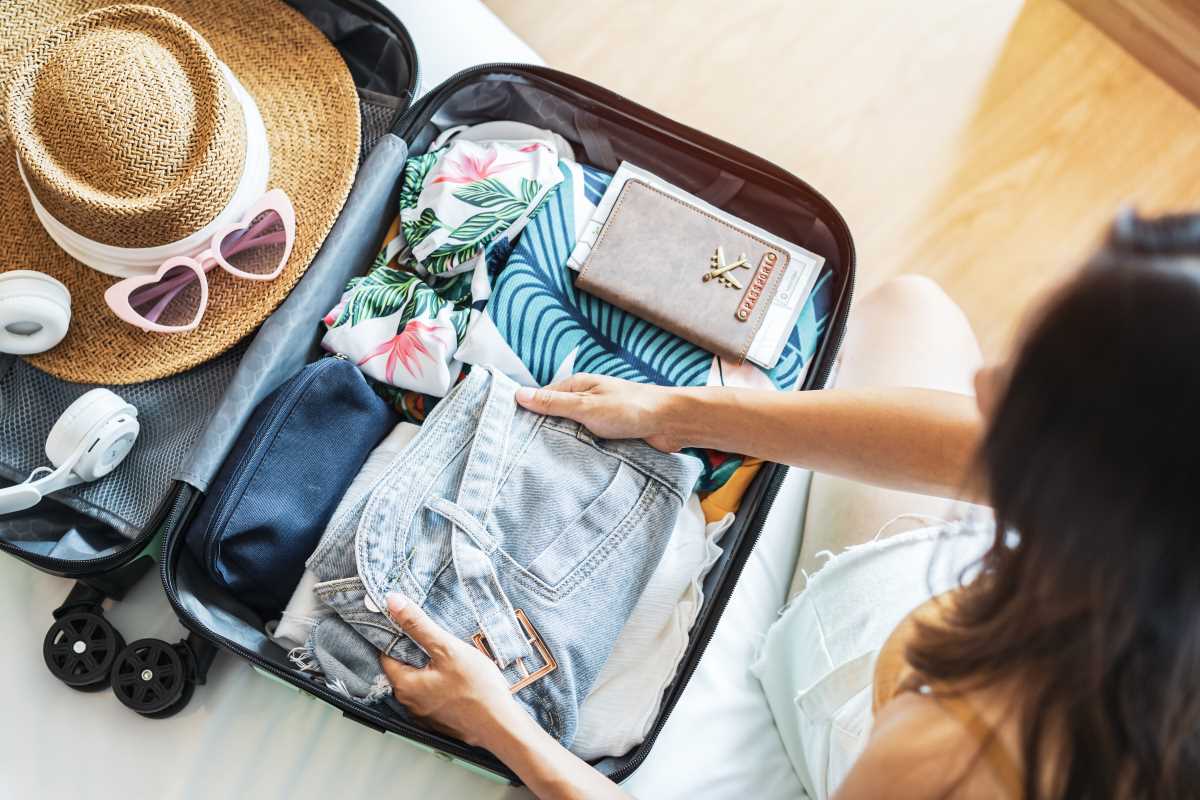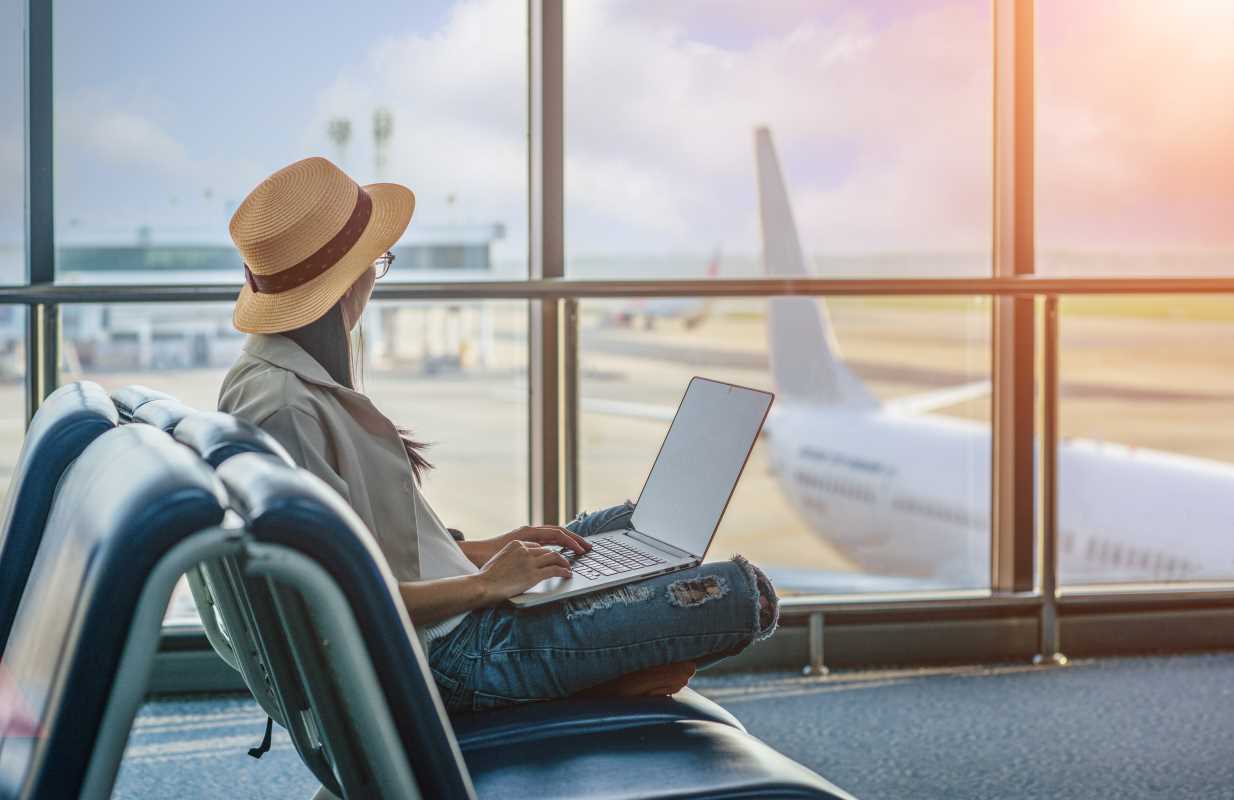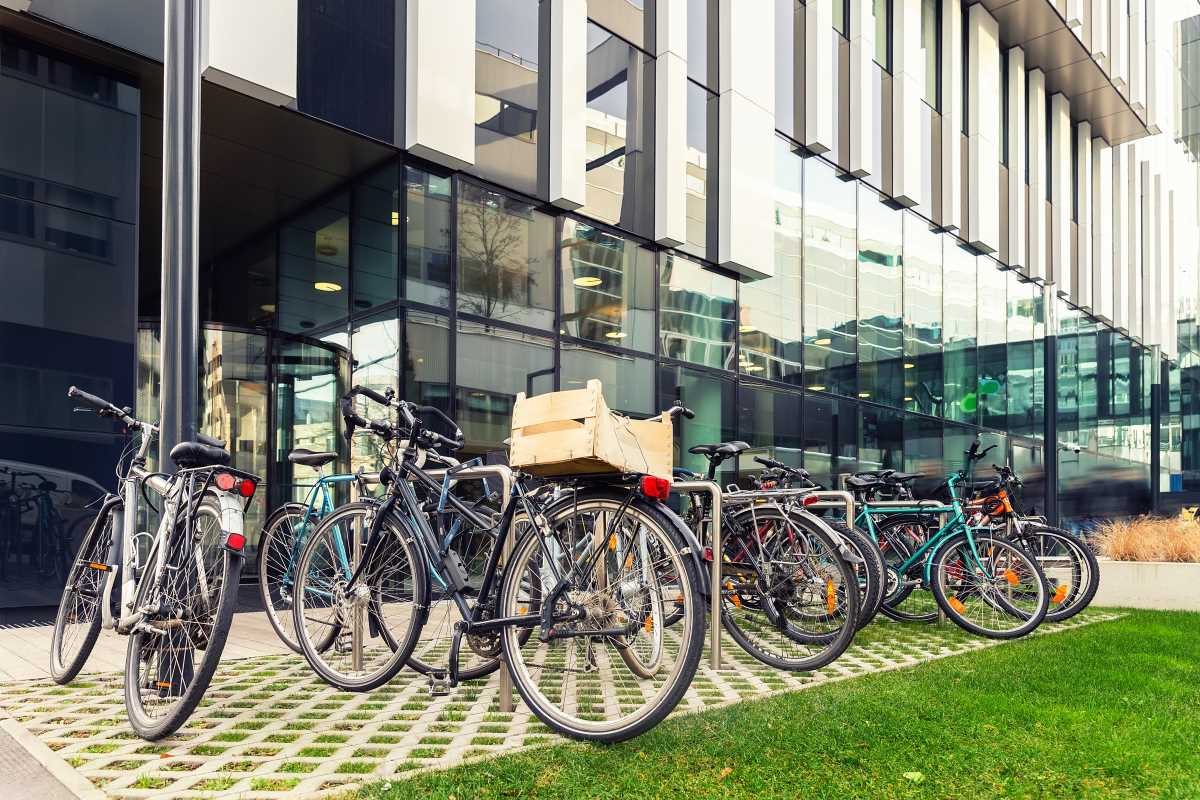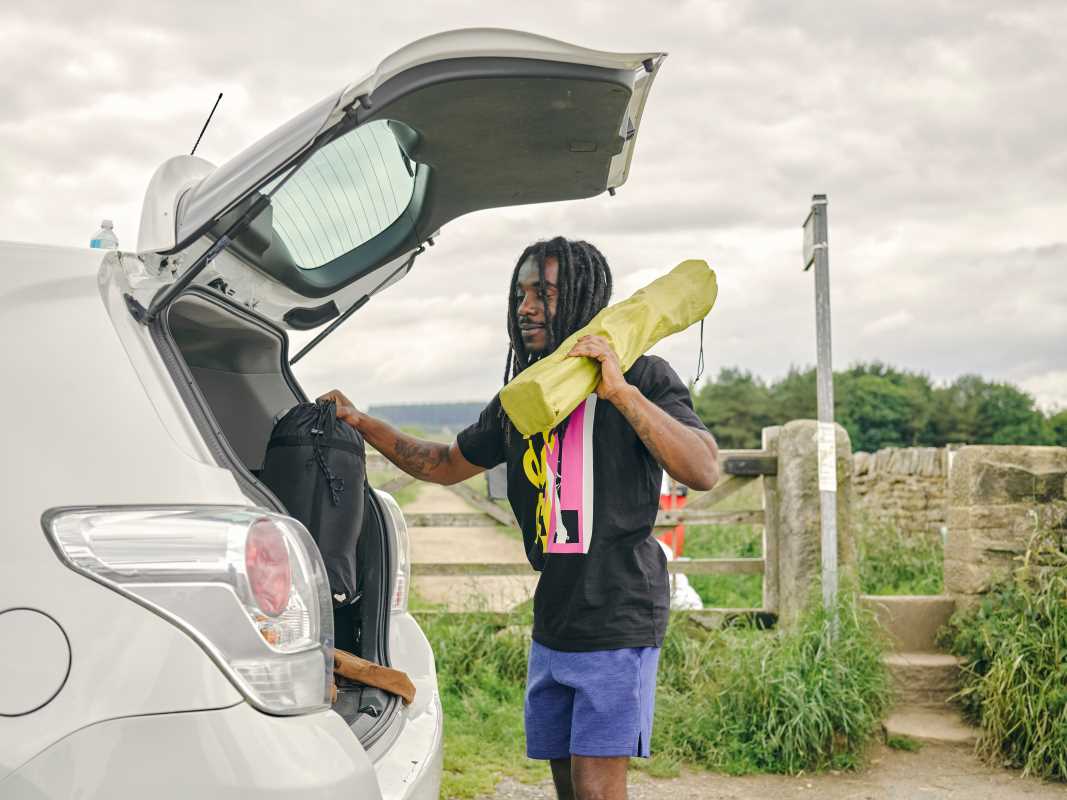Traveling internationally for the first time can be an exhilarating yet daunting experience. From navigating foreign customs to managing currency exchanges, there’s a lot to consider. To help you prepare for a smooth and enjoyable journey, here are some of the best travel tips for first-time international travelers.
1. Research Your Destination
Before you set off on your adventure, it’s crucial to familiarize yourself with your destination.
- Understand Local Customs: Each country has its unique cultural norms and etiquette. Researching these customs can help you avoid unintentional faux pas. For instance, in some cultures, it’s customary to greet with a handshake, while in others, a bow might be more appropriate.
- Learn Key Phrases: Knowing basic phrases in the local language can go a long way. Simple greetings, thank you, and asking for directions can help you connect with locals and navigate more easily. Many language apps can help you practice before you go.
2. Check Passport and Visa Requirements
Make sure your passport is valid for at least six months beyond your intended return date.
- Visa Requirements: Some countries require a visa for entry, while others do not. Check the specific entry requirements for your destination and apply for any necessary visas well in advance to avoid last-minute stress.
- Photocopy Important Documents: Make photocopies of your passport, visa, and any other important documents. Keep these copies in a separate location from the originals in case of loss or theft.
3. Book Accommodations Wisely
Choosing the right place to stay can enhance your travel experience.
- Location Matters: Look for accommodations that are centrally located, making it easier to access attractions, public transport, and local dining options.
- Read Reviews: Websites like TripAdvisor, Booking.com, or Airbnb provide reviews that can help you gauge the quality and safety of accommodations. Consider factors like cleanliness, staff friendliness, and amenities offered.
- Consider Alternative Lodging: Hostels, guesthouses, or homestays can provide unique experiences and opportunities to meet fellow travelers. Plus, they are often more budget-friendly than hotels.
4. Plan Your Transportation
Getting around in a foreign country can be different from what you’re used to.
- Research Local Transportation: Investigate how public transportation works in your destination. Many cities have efficient metro systems, buses, or trams that can save you money and provide an authentic local experience.
- Download Relevant Apps: Apps like Google Maps, Citymapper, or local transit apps can help you navigate public transport more easily. For ridesharing, consider downloading Uber or Lyft if they operate in your destination.
- Consider Renting a Car: If you plan to explore remote areas, renting a car might be the best option. Just be sure to familiarize yourself with local driving laws and road signs.
5. Budget Wisely
Understanding your financial situation can help you avoid unnecessary stress during your trip.
- Estimate Daily Expenses: Research the average cost of meals, transportation, and activities in your destination. This will help you create a daily budget and avoid overspending.
- Currency Exchange: Familiarize yourself with the local currency. It’s often best to use a credit card with no foreign transaction fees for purchases. Withdraw cash from ATMs in the local currency, as this typically offers better rates than currency exchange booths.
- Notify Your Bank: Inform your bank and credit card companies of your travel plans to avoid any issues with accessing funds while abroad.
6. Pack Smart
Packing efficiently can save you time and stress during your travels.
- Create a Packing List: Make a list of essentials based on the weather and activities you have planned. Include clothing, toiletries, medications, and any special items you may need for activities.
- Travel Light: Try to pack only what you need. A smaller suitcase or backpack makes traveling easier and helps you avoid checked baggage fees. Choose versatile clothing items that can be mixed and matched.
- Secure Your Belongings: Consider using a money belt or neck pouch to keep your passport, cash, and important documents secure. Lock your luggage and be cautious in crowded areas to prevent theft.
7. Stay Connected
Staying connected with friends and family can provide peace of mind.
- Get a Local SIM Card or International Plan: Research options for mobile connectivity at your destination. A local SIM card can often provide cheaper data and calling rates. Alternatively, check with your carrier about international roaming plans.
- Use Wi-Fi: Many places offer free Wi-Fi, such as cafes and hotels. Consider using apps like WhatsApp or FaceTime to stay in touch with loved ones without incurring hefty roaming charges.
8. Stay Safe
Safety should always be a priority while traveling.
- Be Aware of Your Surroundings: Stay vigilant, especially in crowded areas or tourist hotspots where pickpockets may operate. Trust your instincts—if something feels off, remove yourself from the situation.
- Register with Your Embassy: If you're traveling to a country with potential safety concerns, consider registering with your embassy. This way, they can reach you in case of emergencies or provide assistance if needed.
- Know Emergency Numbers: Familiarize yourself with local emergency contact numbers for police, medical assistance, and your country's embassy. Keep these numbers handy.
9. Immerse Yourself in Local Culture
One of the best parts of traveling is experiencing different cultures.
- Try Local Foods: Be adventurous with your dining choices and try local dishes. Street food can be a delicious and affordable way to experience authentic cuisine.
- Engage with Locals: Don’t hesitate to strike up conversations with locals. They can provide valuable insights into the culture and recommend hidden gems.
- Respect Local Customs: Be mindful of local traditions and norms. This might include dress codes at religious sites, greeting customs, or acceptable behavior in public.
10. Enjoy the Journey
Finally, remember to relax and enjoy the experience.
- Stay Flexible: While it’s good to have a plan, sometimes the best experiences come from unexpected moments. Allow yourself the freedom to change plans if something catches your interest.
- Capture the Moments: Take photos and keep a travel journal to document your experiences. This will allow you to relive your adventures and share them with others.
- Savor the Experience: Take time to appreciate your surroundings. Whether it’s sitting in a café and people-watching or watching the sunset at a scenic spot, these moments create lasting memories.
Traveling internationally for the first time can be both thrilling and intimidating, but with the right preparation, it can be a rewarding experience. By researching your destination, planning carefully, and staying open to new experiences, you’ll create unforgettable memories.







